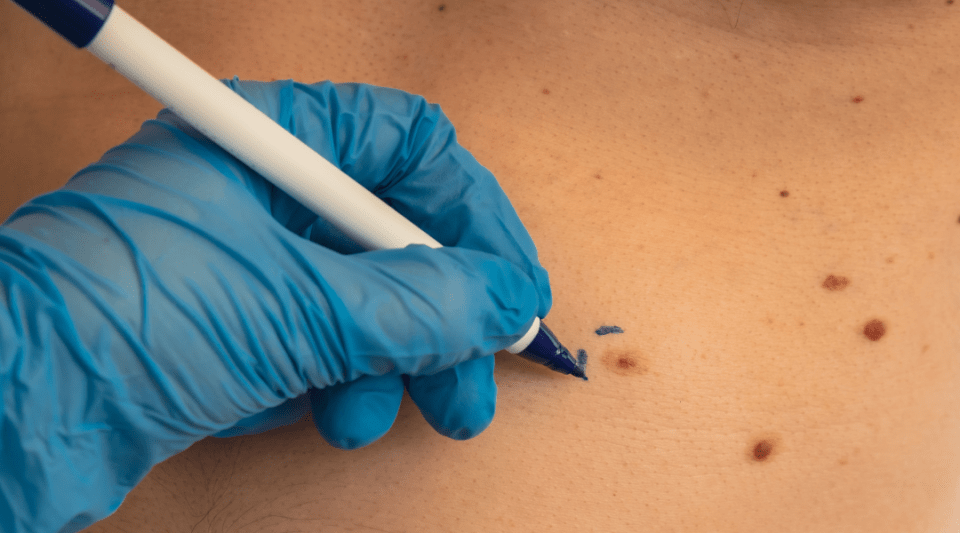Gastroesophageal reflux disease is very common and is caused by repeated reflux of gastric acid into the oesophagus. It can appear as a burning sensation in the oesophagus, acid regurgitation or chest pain. The stomach walls have a coating to protect against the acid needed for digestion, while the lining of the oesophagus does not. This means that stomach acid rising into the oesophagus can cause a burning sensation and damage it.
However, this feeling is not always due to excessive acid reflux. Other diseases, such as functional heartburn and hypersensitive oesophagus, also produce these symptoms without such acid reflux.
Some people have a very sensitive oesophagus. Thus, normal amounts of acid associated with food digestion can be perceived as excessive in such people. This hypersensitivity is produced by alterations that affect the brain-gut axis.
Both oesophageal hypersensitivity and functional heartburn are perceived like excessive acid reflux: constant oesophageal burning, regurgitation and chest pain. However, unlike with gastroesophageal reflux disease, these symptoms do not improve after an improved diet and appropriate treatment. Furthermore, if a gastroscopy is performed on these patients, no lesions are detected in the gastric mucosa. This difficulty in diagnosis affects the health and quality of life of these patients.
How can they be diagnosed?
If the patient continues to have symptoms after changing diet and receiving appropriate treatment, other tests are performed: the symptoms are recorded along with the pH of the oesophagus for 24 hours.
These tests determine the amount of acid, the compound that rises into the oesophagus and whether this rise is associated with the symptoms the patient perceives.
If the burning occurs at the same time as the rise of the compound, it is related to a hypersensitive oesophagus. However, if clinically there is burning but this does not correlate with a reflux of any compound, it is related to functional heartburn.
How are they treated?
If a hypersensitive oesophagus is diagnosed, acid-reducing treatment (typical stomach protectors) is given along with neuromodulators. The latter are drugs that regulate oesophagus hypersensitivity so it does not react excessively.
If the symptoms are related to functional heartburn, it is recommended to be treated with neuromodulators only. In both cases, the digestive system specialist is the one to study the case and decide the treatments required.
Although gastroesophageal reflux disease is very common and is normally easy to treat, the symptoms it causes affect the quality of life of patients with it. Good diagnosis to differentiate it from oesophageal hypersensitivity and functional heartburn is important to offer good treatment and improve the associated symptoms as soon as possible.
Author:
Dr Elizabeth Barba, gastroenterologist at the Gastroenterology Service, Hospital Clínic Barcelona.






